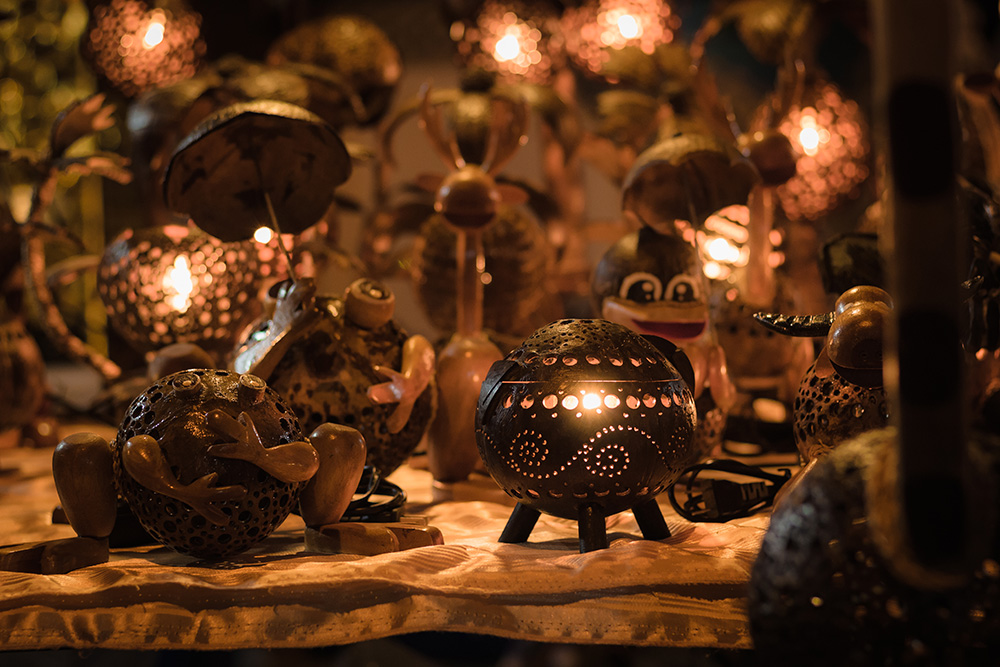Travel Ivory-Free during the Mid-Autumn Festival
Elephants have long been held in high-regard in Asian culture. As symbols of good fortune and military power, these intelligent creatures are capable of intricate tasks such as transporting soldiers into battle. They also express a wide variety of emotions such as happiness, frustration, and sadness. In a herd, female elephants are often more outgoing and sociable. Males congregate with each other and select a leader. Historically, elephants were used in hard-laborious in Asia, assisting with logging and transporting goods. These gentle giants would visually display their discomfort and grief.
Traditionally Asian elephants are smaller than their African relatives. They can grow large ivory tusks as well; but, with rampant hunting, the ability to grow tusks is quite rare now. At least 20,000 elephants are killed for their tusks annually. The tusk-growing gene is almost nonexistent now: an estimated 4-6% Asian elephants can grow tusks.
China banned the domestic and commercial trading of ivory since the start of 2018. Besides using their ivory, traditional chinese medicine also believed that elephant skin would cure acne and eczema. It has been illegal to buy or sell elephant tusks at any physical or online marketplaces. Bringing ivory in and out of China is also against the law. With these restrictions in place, many travelers still get caught carrying ivory into China. Having these items confiscated is a guaranteed way to ruin your trip and spoil the memories of a great vacation.
With Golden Week, the national labor-day holiday week in China, around the corner, we’d like to remind everyone to have an ivory-free adventure when travelling in Cambodia. Due to the ivory trade, the number of elephants have been reduced from about 10 million to just over 400,000. While out and about, there are many chances to purchase exquisite souvenirs for your friends and family. This year, Cardamom Tented Camp has partnered with WWF to present our readers with a few ivory-free gift ideas. Our ecolodge also works with the Golden Triangle Asian Elephant Foundation: they are helping us with preserve the park and protect the few remaining wild elephants in the Botum Sakor National Park. As you pick some of these local, rustic, and eco-friendly gifts, no elephants will be harmed by your gift-giving back home.
There are so many other great gifts besides ivory. Here are some ivory-free alternatives that are both sustainable and beautiful. Find these at many of the popular markets throughout Asia:
Coconut Shell Lanterns
Coconuts are commonly found in Southeast Asia, and their tough-outer shells can be carved into other things. In Thailand’s open-air markets, you can find these shells transformed into bowls, vases, and exquisite lanterns.
Rice Paper Prints
In Siem Reap, Cambodia many artists, many use old rice, grind it into a fine powder and make paper out of it. These delicate sheets are then rubbed over one of the many Buddhist carvings all over Angkor Wat with charcoal. Because of its translucent quality and small size, they are easy to carry back home with you.
From all of us at Cardamom Tented Camp, we hope you enjoy your travels during the Golden Week holiday and make sustainable-travel choices along the way.








